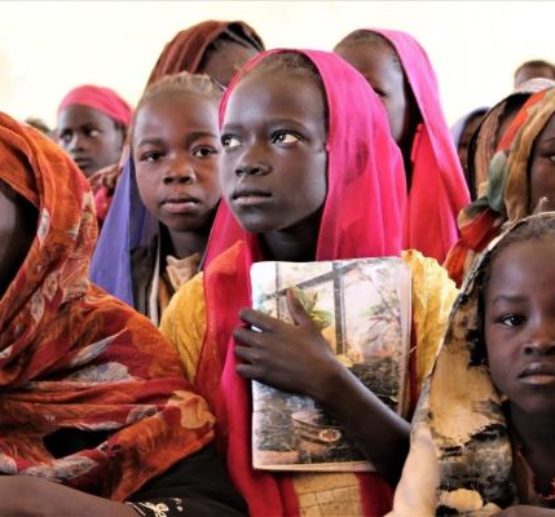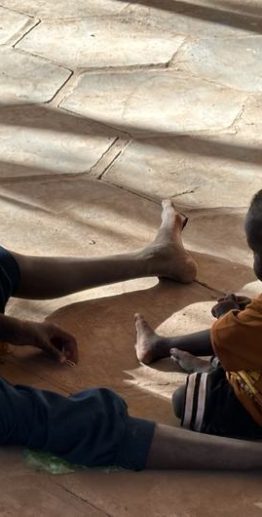On March 9, Mr. Volker Perthes, head of the UN Integrated Transition Assistance Mission in Sudan (UNITAMS), appeared before the UN Security Council (UNSC) and reported on the ongoing transition to democracy that Sudan currently faces. As a part of his statement, Perthes emphasized that inclusive political processes, specifically the inclusion of women in government, will be of tantamount importance to produce broad support for the political transition and to ensure women’s issues are at the center of the interim processes.
Mr. Perthes reported that the Transitional Legislative Council has yet to be formed despite its importance in Sudan’s move toward democracy. The formation of this council, which requires that women represent at least 40 percent of the 300 seats, will be critical for the transition goals of the interim processes and the consolidation of gains for the women’s rights that had been codified in the 2019 Constitution such as the creation of a Gender Commission. The inclusion of civil society actors, and particularly women, is of foremost importance in creating effective peacebuilding and democracy. The Sudanese interim government must prioritize the inclusion of these groups, especially given the glaring lack of female representation in the existing interim governing bodies.
While Perthes’ statement is a positive signal towards more inclusive political processes in Sudan’s interim period, Darfur Women Action Group (DWAG) remains concerned with UNITAMS and its current mandate. As it stands, UNITAMS is falling short in addressing violence against women as it lacks a clear and enforceable civilian protection mechanism as a part of its central mission. Beyond inclusive political processes, DWAG urges UNITAMS to prioritize the protection of women and girls from violence, especially within the internally displaced persons (IDP) populations. Since the decision to remove the UN-African Union Mission in Darfur (UNAMID), Darfur has experienced emergent and severe violence, and women and girls continue to be victimized by rape and sexual violence. While UNAMID was by no means effective in protecting the civilians of Darfur, the decision to remove UNAMID has left the population even more prone to violence. UNITAMS simply can not spend an entire year getting organized before it can be effective. It must immediately have the capacity to fill the gaps in civilian protection that UNAMID has left behind to ensure a peaceful and safe transition process. Thus, DWAG urges UNITAMS as a transitional body to step up immediately to ensure that the vacuum left by the removal of UNAMID does not continue to result in increasing conflict, sexual violence, and displacement.




